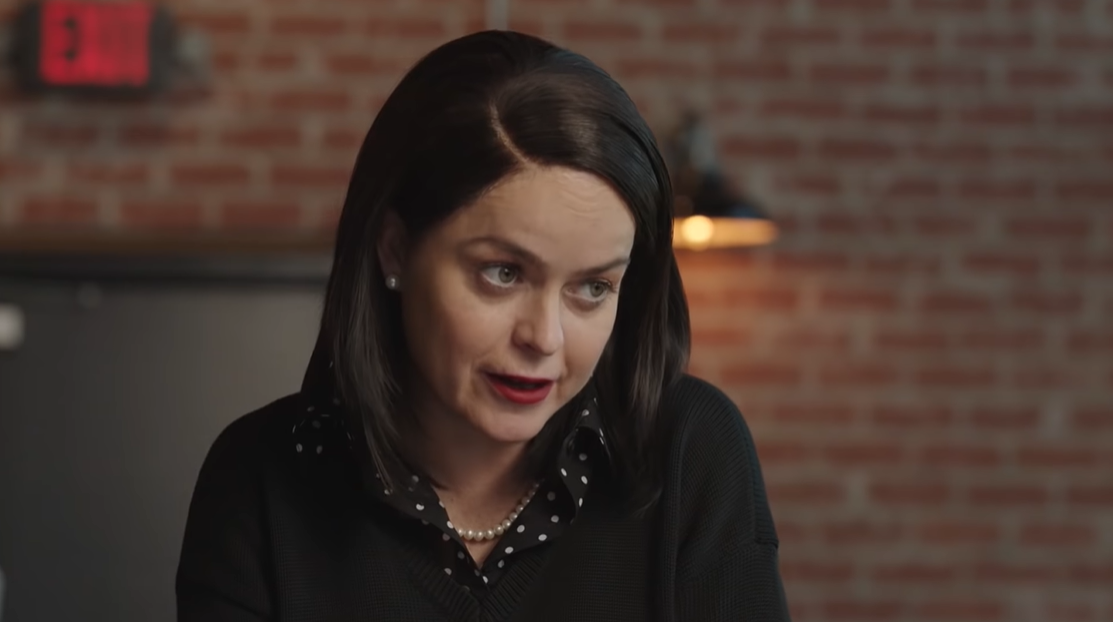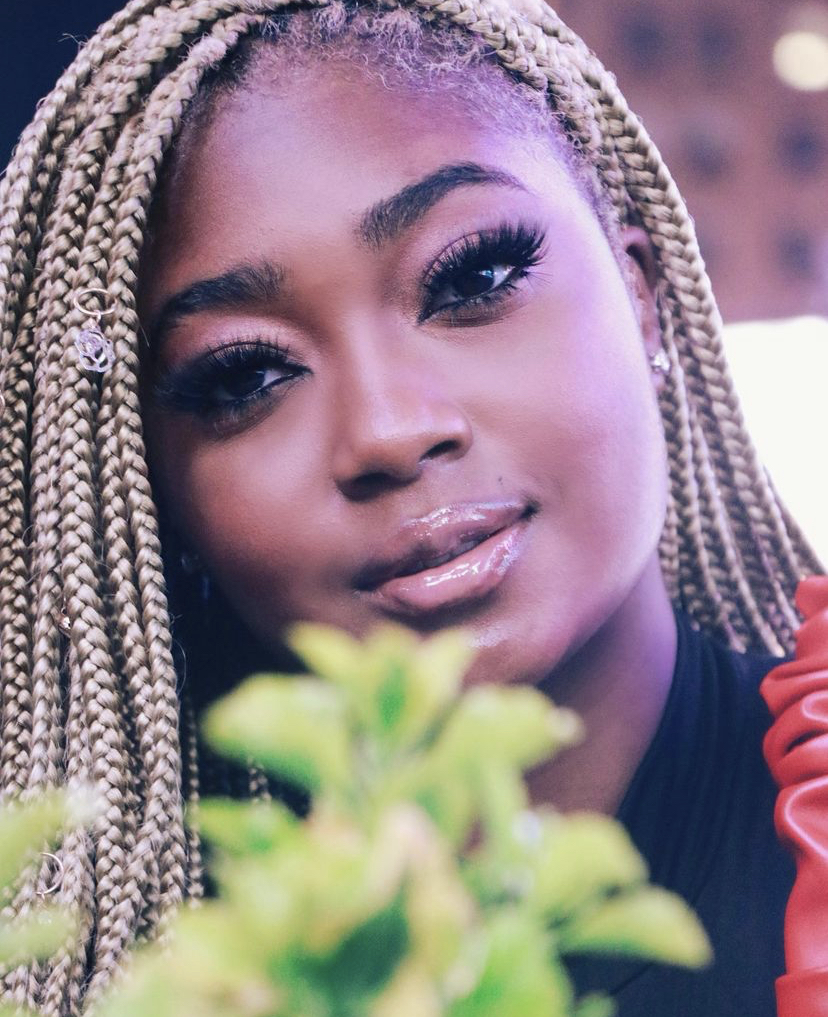

We all have bore witness to our fair share of Karens either in the flesh or from the all-knowing Twitterverse. Despite the trope being steadily reduced to a “Can I Speak To The Manager” air of entitlement, at its best it is simply white women violently brandishing their privilege with law enforcement at people of color through frantic theatrics. We have SoHo Karen (Miya Ponsetto) who attacked a Black teen after falsely accusing him of stealing her cellphone. Then there’s Central Park Karen (Amy Cooper) who falsely reported to the police that a Black birdwatcher, who merely asked her to leash her dog, was threatening her. And the list, with its many renditions (BBQ Becky, Permit Patty, Golfcart Gail, etc.), goes on. Now entering the count is BET’s forthcoming original film, Karen, and the internet is unsurprisingly perturbed.
When Twitter caught wind of the trailer, it expectedly went viral. In the clip, we have Taryn Manning (who starred in Orange Is The New Black) in the titular role as the white suburban woman whose storyline interplays terrorizing her new Black neighbors (Cory Hardrict and Jasmine Burke), enlisting the help of her police officer brother to harass a group of Black teenagers, and of course, calling the manager. It wasn’t only the trillionth recycling of the “I Hate My New Black Neighbors” plot or the fact that Manning’s real-life persona is quite Karen-like (re: Trump supporter and QAnon conspiracist) that sent the internet into a tailspin. Therein the roughly two minute clip gave the audience not the slightest glimpse of a nuanced, incisive piece that delved into the hefty conversation of race relations any better than Two Distant Strangers’ time loop of police brutality.
What Jordan peele “get out” snl skit nonsense is this?? No one asked for a movie about a murderous Karen pic.twitter.com/ILYGmsvJZ6
— London (@urmom2708) June 22, 2021
Everybody in Hollywood wants their own Jordan Peele "Get Out" kind of movie. Just without integrity, critical thinking, a valid social/racial analysis, etc. Just surface-level "racism is wrong", "Karens are bad", "we need more allyship", etc plots.
— Bella Goth (@HoodCommieGirl) June 22, 2021
Since the 2017 release of Jordan Peele’s Get Out, every filmmaker seemed to poise themselves to tackle racism, swapping the thought-provoking satire of the forefather film for a reductive SNL-esque version. The framework of Peele’s masterpiece turned innocuous scenes into sheer moments of visceral horror. There were subtleties in its storytelling that mystified audience members who thought they completely unraveled the interracial couple plot. This derivative feels like a cringeworthy, surface-level play-by-play of the real-life trauma that is omnipresent in marginalized communities. In a statement to Deadline, director Coke Daniels explained that the summer of 2020 and its teeming reckoning compelled him to make the movie. “Last year during the global pandemic and civil unrest, I — like many of us — felt anger, despair, and hopelessness,” he said. “The overwhelming amount of support from people around the globe, who want to see change, has been such an inspiration.” For Daniels, the film was likely promising in theory, but where does suspense come into play when reliving our own moments without any contextual complexities? And there’s also one question remaining: Who even asked for this?














